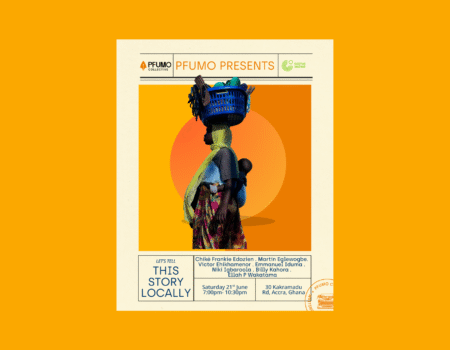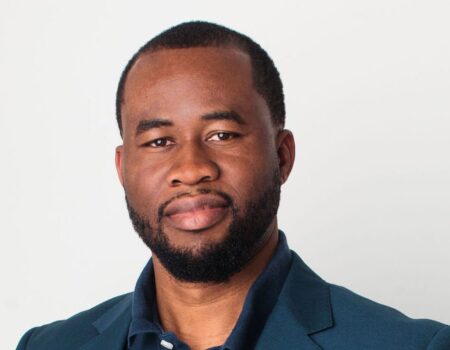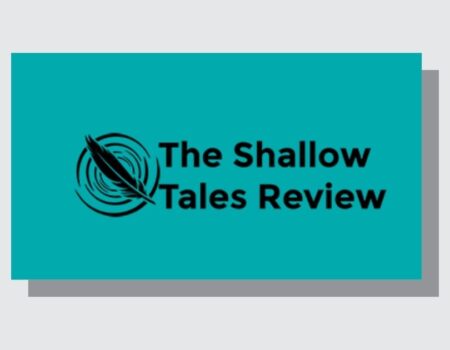N. Viktoria reflects on participating in the Black British Book Festival 2025
On October 19, 2025, I stood in the iconic Barbican Centre in London, surrounded by hundreds of readers, fellow authors, and book lovers who had come together for one purpose: to celebrate Black literature. As an exhibiting author at the Black British Book Festival (BBBF), I was experiencing firsthand what it means to be part of Europe’s largest celebration of Black literary voices.
The atmosphere was electric. From the moment I set up my booth, displaying titles like Curves for the Billionaire,Snowed in with the Silver Fox, Cartel’s Captive, and The Billionaire’s Secret Heir, alongside bookmarks and cards directing readers to my website, I knew this wasn’t just another book fair. This was a homecoming for stories that mainstream publishing often overlooks.
As a Nigerian romance author based in the UK, writing BWWM (Black Women White Men) interracial romance, I’ve spent years creating stories about cross-cultural love—relationships that exist everywhere but remain underrepresented in mainstream fiction. At BBBF, I didn’t have to explain why these stories matter. Everyone already understood.
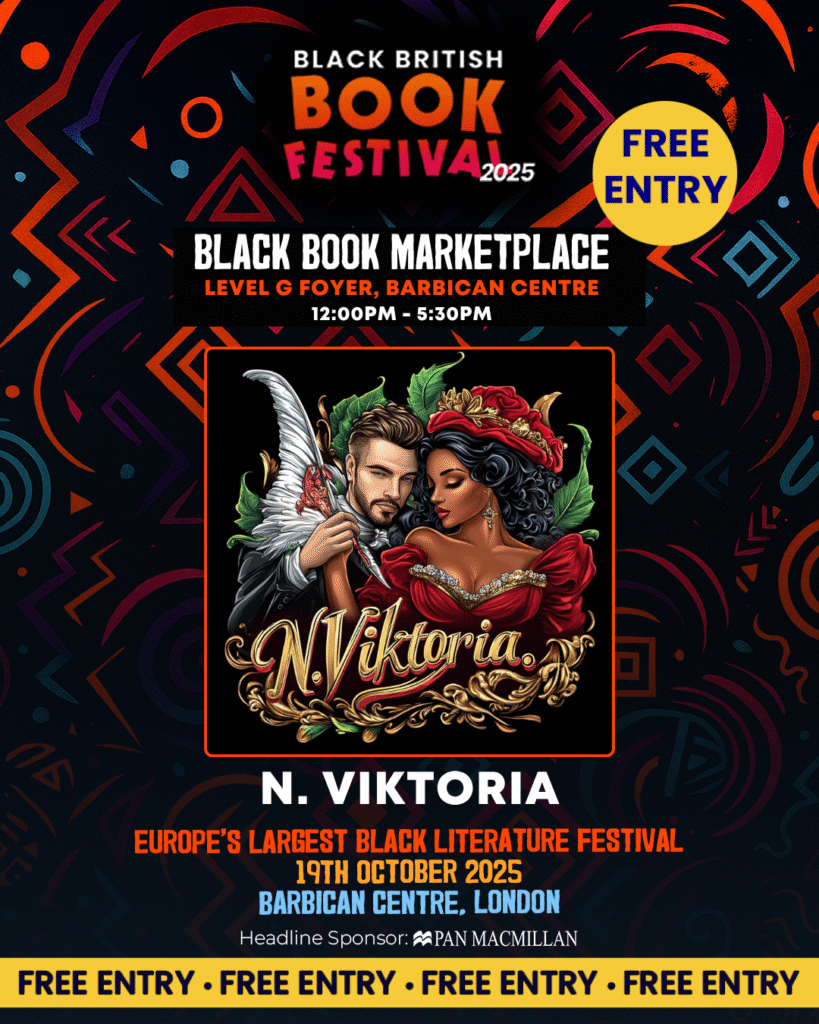
Throughout the day, readers stopped by my booth with genuine curiosity and excitement. Many were thrilled to discover romance novels featuring Black heroines in all their complexity—lawyers, entrepreneurs, artists—women who fall in love across cultural boundaries while maintaining their identity, their principles, and their voice. Several readers shared their own experiences in interracial relationships, thanking me for representing their reality in fiction. One woman told me she’d been searching for years for romances that reflected her own marriage to her white British husband. Another reader, a young university student, said seeing a Black woman as a billionaire’s equal rather than his rescue project mattered more than I could know.
What struck me most was the diversity within the crowd itself. Yes, it was the Black British Book Festival, but the attendees represented every background imaginable. Young and old, students and professionals, people of all races and cultures had come to celebrate Black literature. I watched as white readers purchased books by Black authors with the same enthusiasm as Black readers did, as Asian attendees engaged deeply with African narratives, as everyone recognized that these stories belong to all of us. That, to me, exemplifies what literature should be: inclusive, accessible, and capable of bridging divides.
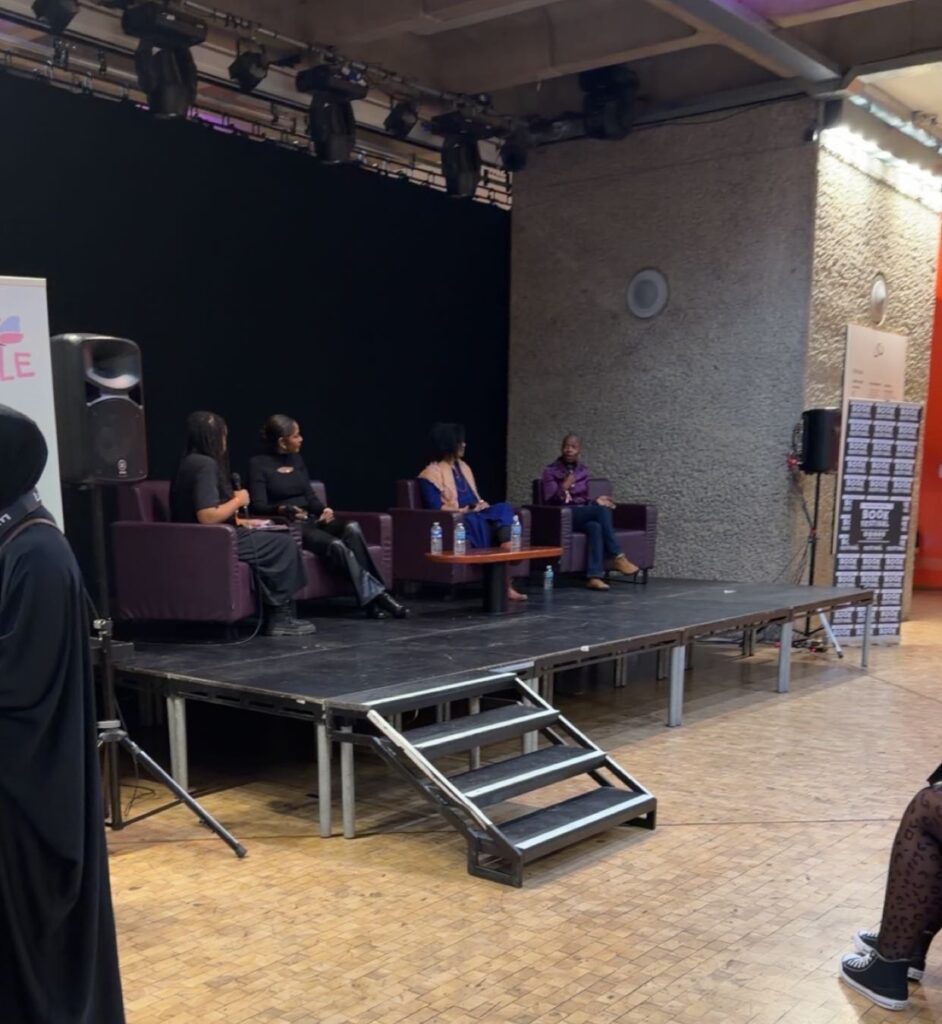
I met fellow authors whose work spans every genre—from literary fiction to children’s books, from poetry to historical non-fiction. Some I’d only known through WhatsApp groups where we connected as authors, and finally meeting them face to face added a personal dimension to our digital community. The common thread? We’re all committed to ensuring Black voices, Black stories, and Black experiences are not just footnotes in literary history but central narratives that shape contemporary culture.
Conversations with other exhibitors revealed a shared challenge: despite our prolific output and dedicated readership, we still fight for visibility in an industry that often gatekeeps which stories are deemed “marketable.” We discussed the frustration of watching our books consistently outperform traditionally published titles in sales, yet still being told our work isn’t “mainstream enough.” Events like BBBF counter that narrative. With Pan Macmillan as the headline sponsor and the Barbican Centre as host, BBBF demonstrates that Black literature isn’t niche—it’s essential.
As someone who works full-time as a care coordinator for the NHS while writing novels in every spare moment, I understand the hustle required to keep creating when the industry doesn’t always make space for you. The early mornings before work, the late nights after exhausting shifts, the weekends sacrificed to meet publishing deadlines—all of it is sustained by the belief that these stories matter. But seeing the turnout at BBBF—the genuine enthusiasm, children clutching new children’s books from other authors, readers at my booth asking thoughtful questions about representation in romance—reminded me why I refuse to stop telling these stories. This wasn’t just validation; it was confirmation that the work, the sacrifice, the persistence—all of it serves a purpose larger than myself.
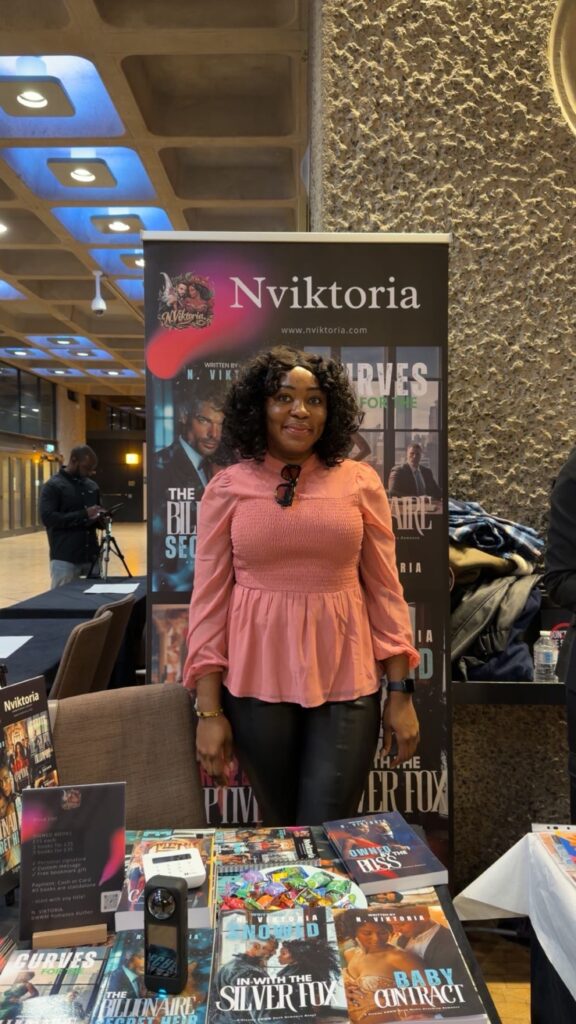
By the end of the day, I’d sold books, exchanged contact information with readers across continents, and met authors I’d only known through social media. More importantly, I felt seen. My published novels, my dedication to representing interracial love authentically, my commitment to showing Black women as romantic heroines—it all mattered here.
The Black British Book Festival isn’t just an event; it’s a statement. It says our stories deserve premier venues, professional organization, and audiences who travel from across Europe to celebrate with us. It says Black literature is world literature. It proves that when you create space for marginalized voices, people show up—enthusiastically, consistently, and in numbers that can’t be ignored.
As I packed up my booth that evening, watching families discussing which titles to take home and fellow authors exchanging final farewells, I felt profoundly grateful. Grateful to the organizers who created this space. Grateful to readers who stopped at my booth and engaged with my work. And grateful to be part of a literary movement that refuses to be silenced or sidelined.
For any author of color wondering if your work matters, if your stories deserve to be told, if there’s an audience waiting to discover you—events like BBBF are your answer. We exist. Our readers exist. And our stories are essential.I’m already looking forward to BBBF 2026.
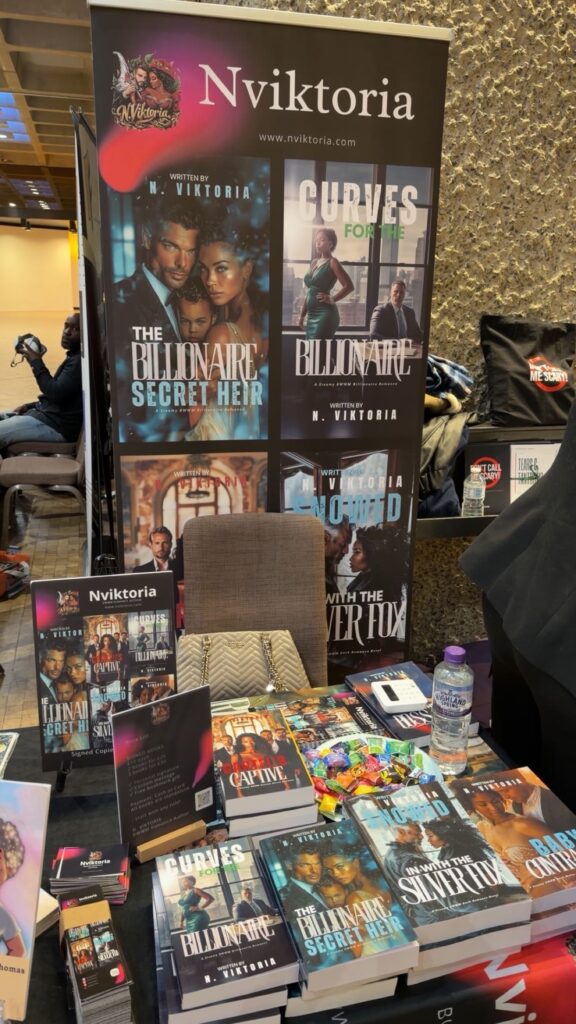
N Viktoria
N. Viktoria is a Nigerian romance author based in the UK. She specializes in BWWM (Black Women White Men) interracial romance and works full-time as a care coordinator for the NHS while pursuing her writing career. Her work focuses on representing cross-cultural relationships and Black women as romantic heroines.


![You are currently viewing [Featured Post] Celebrating Black Stories at Europe’s Largest Black Literature Festival, Black British Book Festival 2025](https://jaylit.com/wp-content/uploads/2025/11/Snapshot_202510293_091033-scaled.jpeg)
